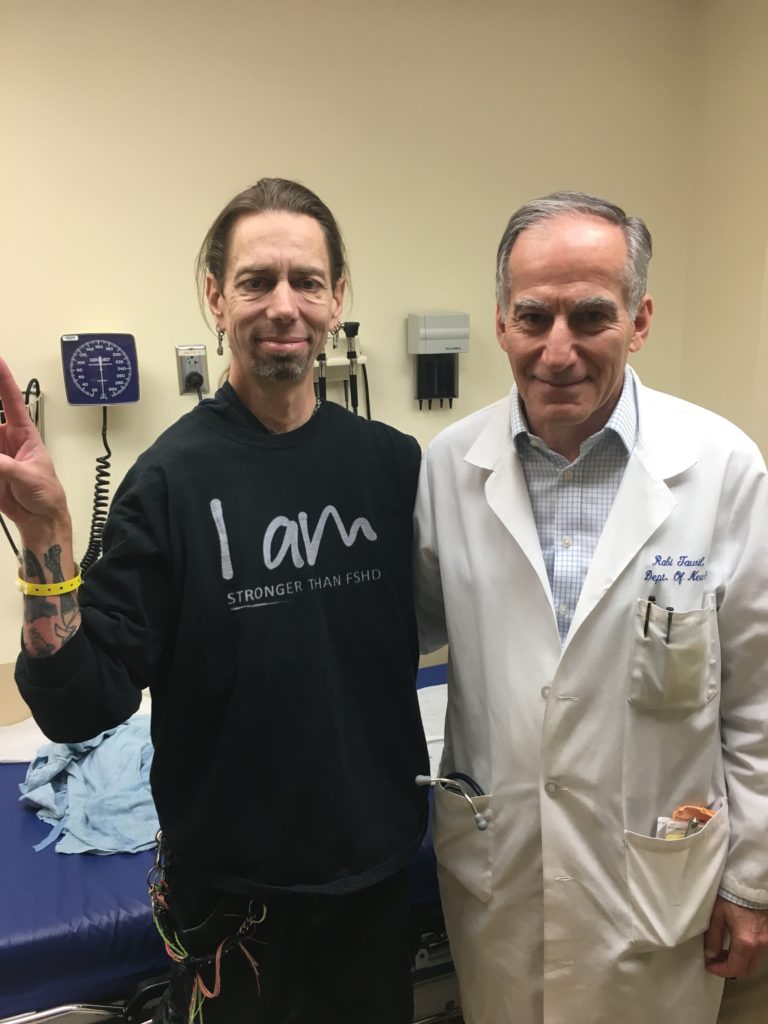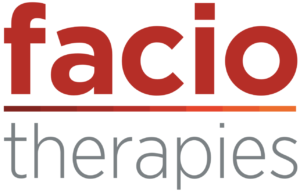
To crack the code of FSHD, patients are absolutely essential
All of the breakthroughs—the discovery of the genetic causes, understanding why some patients vary so greatly in the severity of their symptoms, teasing out the biochemical pathways that could point to future treatments—were made because patients stepped up to the plate.
Too often, we hear patients say they’ll volunteer when there’s a treatment. But we will never get to a treatment unless patients participate in fundamental research now. FSHD is uniquely human, so no laboratory mouse can ever fully model the disease. The genetic “package” that causes FSHD is found only in people. We owe an enormous debt to the patients who give DNA samples. Who submit to long interviews and exhausting physical tests. Allow a surgeon to cut out a small muscle sample. Who fight claustrophobia to lie in the narrow bore of an MRI machine.
Equally important are patients’ family members, both affected and unaffected, who provide the best experimental controls because of their shared genetic and environmental backgrounds. A parent or sibling who has very mild symptoms may hold the key to understanding the factors that protect against the full-blown development of FSHD symptoms in a more severely affected family member.
We are more hopeful today than ever before that a treatment is within sight. We cannot guarantee when that treatment will arrive, but here’s one thing we guarantee: If you volunteer for research, your participation will without question help move us a step closer to that day.
Scientific Overview of FSHD
Read the latest on wikipedia
Glossary of Scientific Terms
Facio broadens portfolio of potential drug development candidates
Reposted from Facio Therapies, Leiden, The Netherlands – August 30, 2018 Facio Therapies announced today that it has selected a second series of potential candidates for FSHD drug development. This… Read More »
An update on early-onset FSHD
A review of published studies to improve our understanding by Amanda Hill, Highlands Ranch, Colorado As many as 20 percent of patients with FSHD have an “infantile” or “early-onset” form, which… Read More »
The 2018 FSHD International Research Congress
The field has made astonishingly fast progress by Charis Himeda, PhD, University of Nevada, Reno Nearly 150 researchers, clinicians, patients, and industry partners convened at the FSH Society’s 2018 International Research… Read More »
$1.2 Million MDA grant awarded to FSHD Clinical Trial Research Network
When the FSH Society made its initial grant award in 2016 to help establish the nationwide FSHD Clinical Trial Research Network (CTRN), we expected the network would be able to… Read More »






